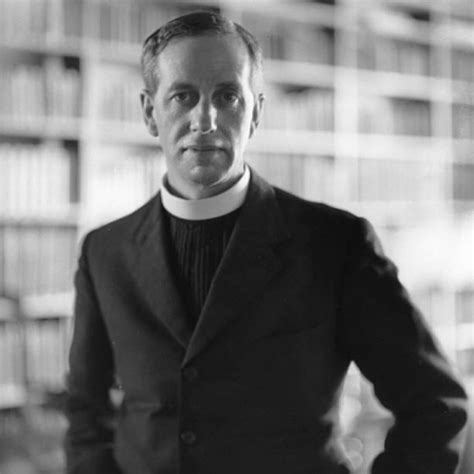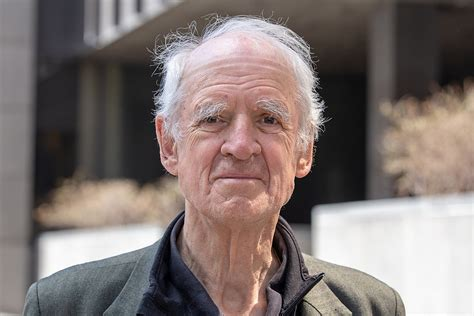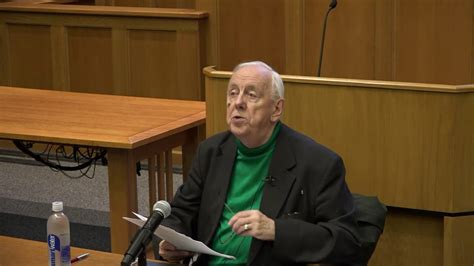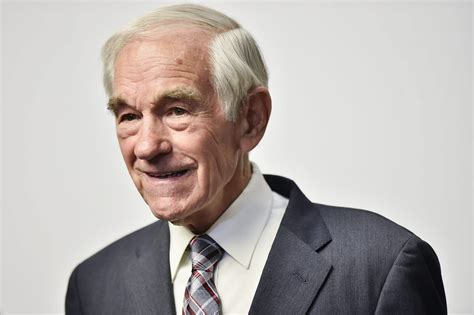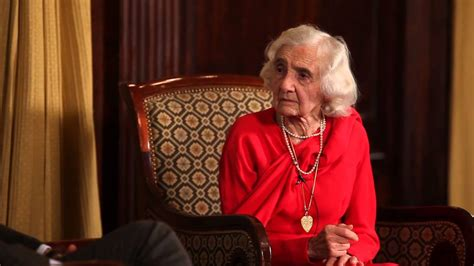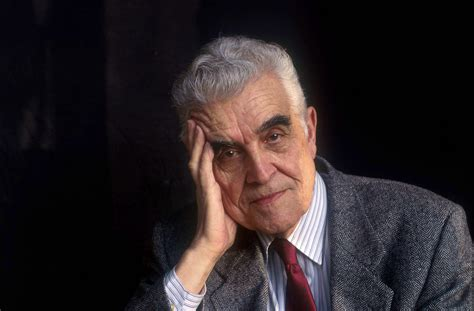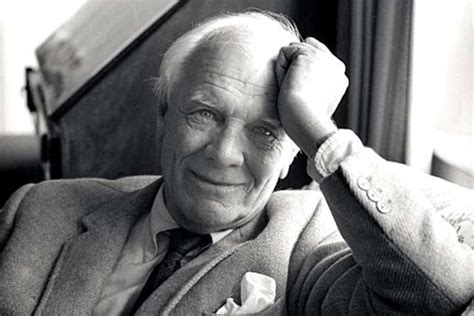Ronald Knox: “the prevalent irreligion of the age”
.
“No preacher would deliberately judge the credibility of his message by the credulity of his audience. But the prevalent irreligion of the age does exercise a continual unconscious pressure upon the pulpit; it makes preachers hesitate to affirm doctrines whose affirmation would be unpopular. And a doctrine which has ceased to be affirmed is doomed, like a disused organ, to atrophy.”
Ronald Knox, The Belief of Catholics
.
.
.
.
.
Charles Taylor: “the presence of God”
.
“One way to put the question that I want to answer here is this: why was it virtually impossible not to believe in God in, say, 1500 in our Western society, while in 2000 many of us find this not only easy, but even inescapable?
Part of the answer, no doubt, is that in those days everyone believed, and so the alternatives seemed outlandish. But this just pushes the question further back. We need to understand how things changed. How did the alternatives become thinkable?
One important part of the picture is that so many features of their world told in favour of belief, made the presence of God seemingly undeniable. I will mention three, which will play a part in the story I want to tell.
(1) The natural world they lived in, which had its place in the cosmos they imagined, testified to divine purpose and action; and not just in the obvious way which we can still understand and (at least many of us) appreciate today, that its order and design bespeaks creation; but also because the great events in this natural order, storms, droughts, floods, plagues, as well as years of exceptional fertility and flourishing, were seen as acts of God, as the now dead metaphor of our legal language still bears witness.
(2) God was also implicated in the very existence of society (but not described as such-this is a modern term-rather as polls, kingdom, church, or whatever). A kingdom could only be conceived as grounded in something higher than mere human man action in secular time. And beyond that, the life of the various associations which made up society, parishes, boroughs, guilds, and so on, were interwoven with ritual and worship, as I mentioned in the previous chapter. One could not but encounter counter God everywhere.
(3) People lived in an “enchanted” world. This is perhaps not the best expression; it seems to evoke light and fairies. But I am invoking here its negation, Weber’s expression “disenchantment” as a description of our modern condition. This term has achieved such wide currency in our discussion of these matters, that I’m going to use its antonym to describe a crucial feature of the pre-modern condition. The enchanted chanted world in this sense is the world of spirits, demons, and moral forces which our ancestors lived in.
People who live in this kind of world don’t necessarily believe in God, certainly not in the God of Abraham, as the existence of countless “pagan” societies shows. But in the outlook of European peasants in 1500, beyond all the inevitable ambivalences, the Christian God was the ultimate guarantee that good would triumph or at least hold the plentiful forces of darkness at bay.”
Charles Taylor, A Secular Age
.
.
.
.
.
Alasdair MacIntyre: “the existence of God”
.
“What is distinctive about the theistic view of the nature of things is not only that theists assert the existence of God and that they take the world to be fully intelligible only if understood in its relationship to God, but that they conceive of human beings as occupying a unique position in the order of things. Human beings are on the one hand bodies, having a physical, chemical, and animal nature, inhabiting an immediate environment, located at particular points in space and time. Yet on the other hand their understanding extends indefinitely beyond their immediate environment to what is remote in space and time and to the abstract and the universal as well as to the concrete and the particular. And their aspiration to complete and perfect their understanding of the order of things and of their place within in is matched by an aspiration to achieve a relationship with a fully and finally adequate object of desire, and end to which, if they understand themselves rightly (on the theistic view), they are directed by their nature. Yet human beings are not animal bodies plus something else. The human being is a unity, not a duality.”
Alasdair MacIntyre, God, Philosophy, Universities: A Selective History of the Catholic Philosophical Tradition
.
.
.
.
.
Ron Paul: “total victory for the war party”
.
“When future historians go searching for the final nail in the US coffin, they may well settle on the date April 20, 2024.
On that day Congress passed legislation to fund two and a half wars, hand what’s left of our privacy over to the CIA and NSA, and give the US president the power to shut down whatever part of the Internet he disagrees with.
The nearly $100 billion grossly misnamed “National Security Supplemental” guarantees that Ukrainians will continue to die in that country’s unwinnable war with Russia, that Palestinian civilians will continue to be slaughtered in Gaza with US weapons, and that the neocons will continue to push us toward a war with China.
It was a total victory for the war party.”
Ron Paul
.
.
.
.
.
.
“The less we respect ourselves as persons made to God’s image, the more shall we be led to identifying ourselves with our social role, our job, our accomplishments, real or imaginary. We are led to believe that success in life lies primarily in our being able to bring credentials, and yet, who would dream of saying to another person, “I love you because you are the most efficient secretary I have met in my life,” or because “you are the teacher who best organizes his material.” Love is not concerned with a person’s accomplishments, it is a response to a person’s being, this is why a typical word of love is to say, ‘I love you, because you are as you are.’”’
Alice von Hildebrand
.
.
.
.
.
René Girard: “Revelation is dangerous”
.
“MT: But you are. You are justifying it. RG: I’m trying to show that there’s meaning at precisely the point where the nihilistic temptation is strongest today. I’m saying: there’s a Revelation, and people are free to do with it what they will. But it too will keep reemerging. It’s stronger than them. And, as we have seen, it’s even capable of putting mimetic phenomena to work on its behalf, since today everyone is competing to see who is the most “victimized.” Revelation is dangerous. It’s the spiritual equivalent of nuclear power. What’s most pathetic is the insipidly modernized brand of Christianity that bows down before everything that’s most ephemeral in contemporary thought. Christians don’t see that they have at their disposal an instrument that is incomparably superior to the whole mishmash of psychoanalysis and sociology that they conscientiously feed themselves. It’s the old story of Esau sacrificing his inheritance for a plate of lentils. All the modes of thought that once served to demolish Christianity are being discredited in turn by more “radical” versions of the same critique. There’s no need to refute modern thought because, as each new trend one-ups its predecessors, it’s liquidating itself at high speed. The students are becoming more and more skeptical, but, and above all in America, the people in power, the department chairs, the “chairpersons,” as they say, are fervent believers. They’re often former sixties’ radicals who’ve made the transition to administrative jobs in academia, the media, and the church. For a long time, Christians were protected from this insane downward spiral, and, when they finally dive in, you can recognize them by their naïve modernist faith. They’re always one lap behind. They always choose the ships that the rats are in the midst of abandoning. They’re hoping to tap into the hordes of people who have deserted their churches. They don’t understand that the last thing that can attract the masses is a Christian version of the demagogic laxity in which they’re already immersed. Today, it’s thought that playing the social game, whether on the individual or the group level, is more indispensable than thinking…it’s thought that there are truths that shouldn’t be spoken. In America, it’s become impossible to be unapologetically Christian, white, or European without running the risk of being accused of “ethnocentrism.” To which I reply that the eulogists of “multiculturalism” place themselves, to the contrary, in the purest of Western traditions. The West is the only civilization ever to have directed such criticisms against itself. The capital of the Incas had a name that I believe meant “the navel of the world.”
René Girard, When These Things Begin: Conversations with Michel Treguer
.
.
.
.
.
Simone Weil: “the exercise of the will
.
“The right use of the exercise of the will is a condition of salvation, necessary without a doubt, but remote, inferior, very subordinated, purely negative. Muscular effort pulls up weeds, but only the sun and water can make wheat grow. The will cannot produce any good in the soul. The efforts of the will are only in place for accomplishing specific obligations. Wherever there is no specific obligation, we must follow our natural inclination or our vocation, which to say the commandment of God. The acts proceeding from inclination are evidently not efforts of the will. And in acts of obedience to God, we remain passive. Whatever pains might accompany it, whatever deployment of activity might be apparent, they produce nothing analogous in the soul to muscular effort. There is only expectant waiting, attentiveness, silence and immobility through suffering and joy. The crucifixion of Christ is the model of all acts of obedience.”
Simone Weil, Waiting for God
.
.
.
.
.
A very interesting conversation between Tucker Carlson, a lay Christian, and Joe Rogan, who I believe might describe himself as an agnostic, about the spiritual battle that is going on in our time. It’s very long. I hope that you might have time to watch it all.
.
.
.
.
.
.
